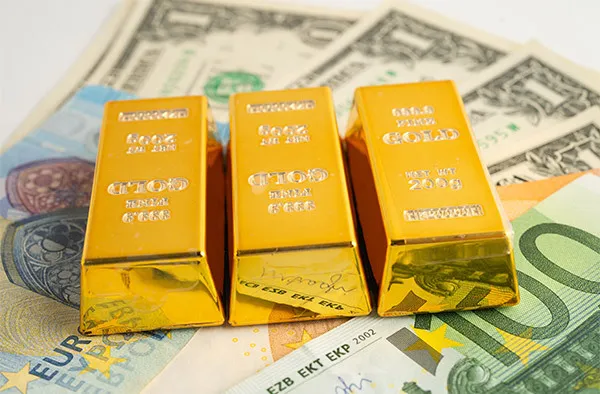The World Gold Council published a report on Wednesday, highlighting that Central Banks around the world are buying the precious metal through small-scale domestic miners, paying in local currencies. They are turning to mines in their backyard, sourcing the yellow metal for its affordability and cheaper purchases.
Securing gold directly from local miners is cheaper and also supports the home-based industries. Central Banks can bolster their gold reserves without weighing on foreign exchange rates. It saves them millions in exchange rates by sourcing the precious metal in local currencies.
Also Read: Circle (CRCL) Stock Surges After House Passes Crypto Legislation
Countries such as the Philippines and Ecuador have been doing this for years, and now other nations are following suit. Nineteen out of 36 countries in the World Gold Council report stated that they’re sourcing the metal from small miners in local currencies. Four other countries are considering making the switch and could make it official by the year’s end.
Countries from Africa, Asia, and South America are sourcing gold from domestic miners by paying in local currencies. The move also boosts their domestic market and strengthens their national currencies. Local purchases save costs for Central Banks amid elevated gold prices.
“One trend that we’re seeing is that some central banks, especially in Africa, Latin America, are starting to buy gold directly from domestic, small-scale gold mines, which have really proliferated because of the higher price,” said Shaokai Fan, global head of central Banks at WGC.
The Central Banks of Colombia, Tanzania, Ghana, Zambia, Mongolia, and the Philippines are procuring the metal domestically to build up reserves.
Central Banks Procuring Gold Through Domestic Miners, Paying in Local Currencies To Save Costs

Historically, Central Banks purchased the metal through over-the-counter global markets, especially situated in London, where it is transacted by the bullion. It is mostly priced in the US dollar, euro, or sterling pound. Developing nations are bypassing the normal flow of purchases and relying on domestic procurement.
“You can make an argument that it’s cheaper than buying gold on the international market, because a lot of these central banks buy gold at a slight discount to the international price,” Fan summed it up.
Also Read: Bank of America (BAC) Expected to Launch Its Own Stablecoin






